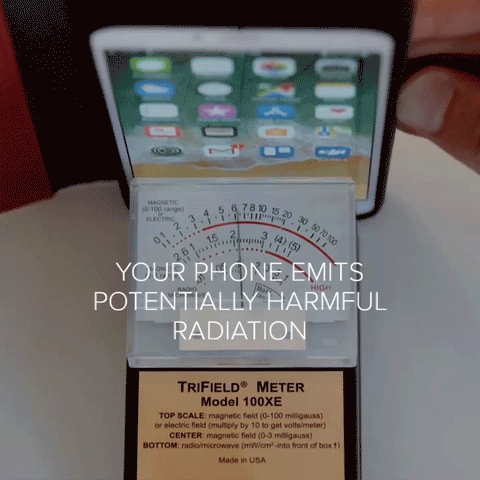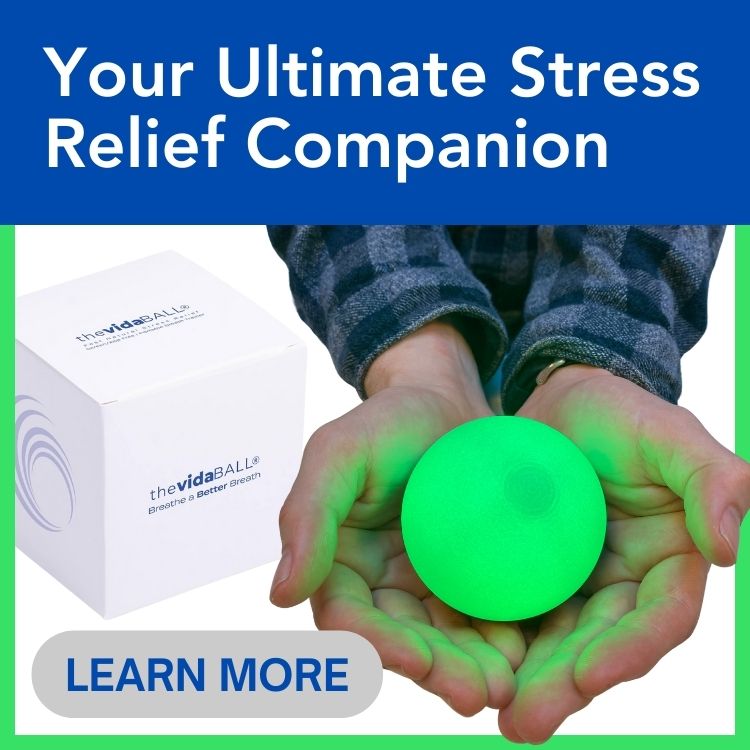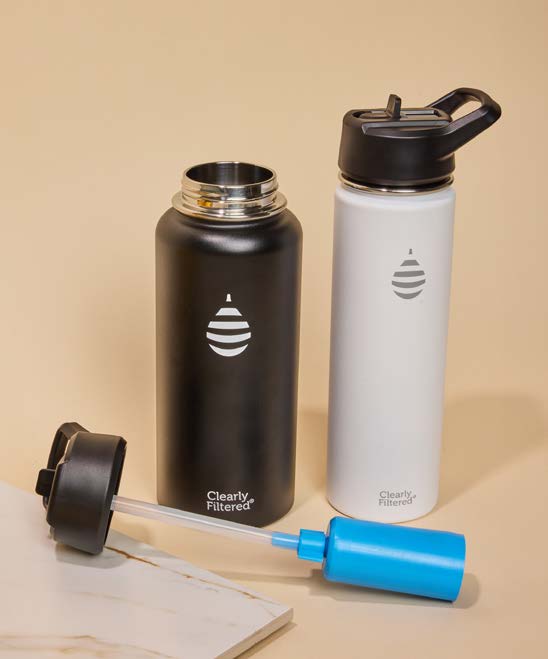Understanding the Biology of Trauma with Dr. Aimie Apigian

We recently had the opportunity to sit down with Dr. Aimie Apigian, a medical expert in trauma healing, for our latest podcast episode. Dr. Aimie, a double board-certified physician in both preventative and addiction medicine, is renowned for her work in understanding how life experiences get stored in the body. Her approach, known as the biology of trauma, has helped countless individuals accelerate their healing journeys.
The Importance of Quality Sleep
Our conversation kicked off with Dr. Aimie sharing her top health tip: prioritizing quality sleep. “Make sleep a non-negotiable,” she emphasized. Quality sleep is fundamental for various bodily functions, and Dr. Aimie provided three practical tips for improving sleep: taking magnesium at bedtime, using blackout curtains to ensure darkness, and keeping the bedroom cool.
Defining Trauma
One of the key topics we explored was the nature of trauma. Dr. Aimie explained that trauma is not defined by the external event but by the internal response of the body. She illustrated this with examples of how two people can experience the same event but have completely different reactions based on their body’s internal responses. Trauma, she clarified, is the body’s response of overwhelm.
Stored Trauma and Its Impact
Delving deeper, Dr. Aimie discussed how trauma gets stored in the body. When our bodies experience overwhelming events, these responses can become default patterns. This stored trauma can significantly impact our nervous system, leading to chronic issues like fatigue, pain, and even metabolic and immune system dysregulation.
Stress vs. Trauma
A crucial part of our discussion was differentiating between stress and trauma. While stress is a normal response meant to propel us into action and growth, trauma is a state of overwhelm where the body’s response system gets stuck. Recognizing when our bodies are crossing from stress into trauma is vital for maintaining health and wellbeing.
Healing from Stored Trauma
Dr. Aimie introduced us to several effective strategies for releasing and processing stored trauma. One simple yet powerful technique involves using physical objects, like a pillow over the stomach, to create a felt sense of safety. These somatic exercises, which work directly with the body’s tissues, help shift the nervous system out of a trauma state and into a place of safety and support.
The Impact of Trauma on the Immune System
We also learned about the impact of stored trauma on the immune system. Dr. Aimie explained that trauma can lead to immune dysregulation, making the body either overreactive or under reactive. This dysregulation can have serious health consequences, including chronic inflammation and increased oxidative stress, which can hinder the body’s ability to fight diseases like cancer.
Trauma-Informed Approaches
Unlike traditional medical or psychological treatments, trauma-informed approaches focus on resolving the body’s response of overwhelm. Dr. Aimie highlighted the importance of creating a felt sense of safety and support to facilitate healing. She emphasized that healing is not just about talking through events but about changing the body’s physiological response to those events.
Practical Strategies for Healing
Dr. Aimie shared several practical strategies for healing from trauma, including somatic exercises and techniques to create moments of safety throughout the day. She stressed the importance of understanding and responding to the body’s needs, which can improve physical and emotional health.
Our conversation with Dr. Aimie Apigian was enlightening and filled with valuable insights into the biology of trauma and the healing process. Her unique approach and practical tips offer hope and guidance for anyone struggling with the effects of stored trauma.
To dive deeper into Dr. Aimie’s work and learn more about her healing strategies, be sure to listen to the full podcast episode. You won’t want to miss this transformative conversation.
Your donations power our podcast’s mission to support cancer patients with hope, insights, and resources. Every contribution fuels our ability to uplift and empower. Join us in making a lasting impact. Donate now! 🌟





